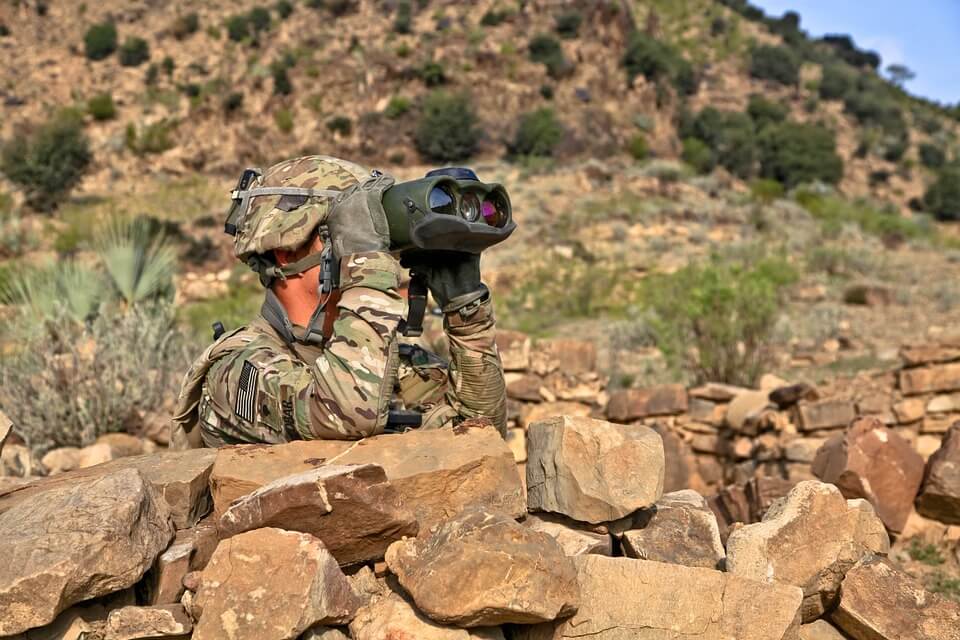Afghanistan is once again at a crossroads of an uncertain future after the US announced plans to withdraw all troops from war-torn Afghanistan by 11 Sep 2021 to end America’s longest war that lasted for two decades. The war cost the US trillions of dollars and the lives of over 2400 American soldiers and over 20,700 injured, without any favourable end state in Afghanistan. Today, the Taliban controls a major part of the Afghan territory and terror groups like Al Qaeda, Islamic State (IS) and the Haqqani network continue to co-exist with the Taliban. Ashraf Ghani, the president of Afghanistan has limited influence in the country. The US and its coalition partners failed to develop an Afghan government that could gain the confidence of the people, especially beyond the cities.
Afghanistan has six neighbouring countries- Pakistan, Iran, Tajikistan, Turkmenistan, Uzbekistan, and China- and three far neighbours- Russia, Turkey and India. All the stakeholders have viewed the American military presence as a mixed blessing and desire that a stable and peaceful Afghanistan becomes a reality after the US withdraws its troops. All these stakeholders are in the process of adjusting their diplomatic and security postures towards Afghanistan in the wake of the US withdrawal.
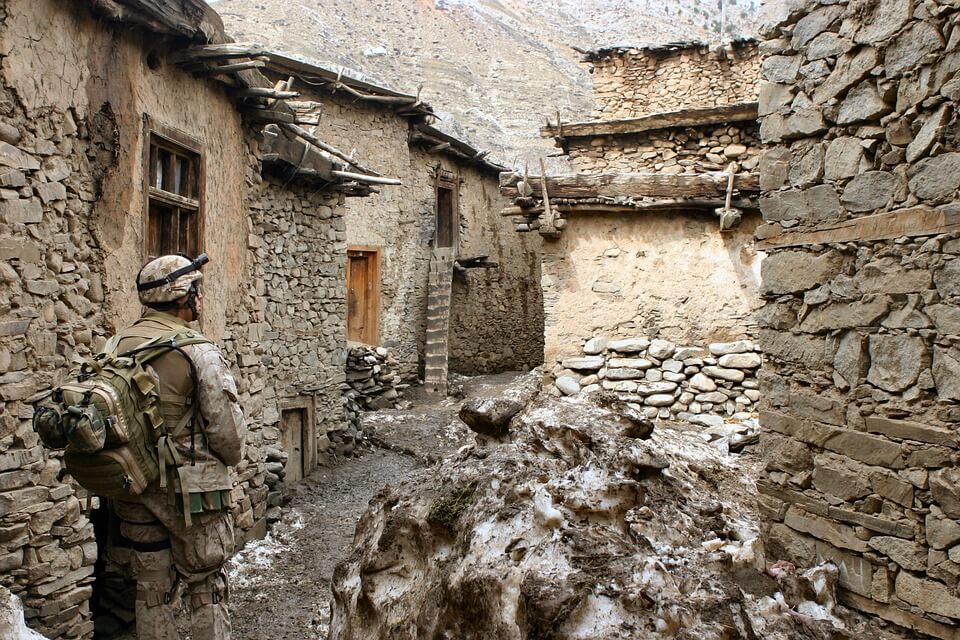
Perhaps, the US wants to reduce its engagement of troops in Afghanistan due to certain emerging flashpoints in the South China Sea and Gulf. The only plausible peaceful solution to the Afghan problem was to involve the Taliban in power-sharing with the present government. The US and the Taliban signed a landmark deal in Doha on 29 Feb 2020 to bring lasting peace to the region. Taliban agreed to reduce violence and talk to the Afghan government for a peaceful solution. The US agreed to withdraw its soldiers from Afghanistan by 01 May 2021. However, the Biden administration has postponed the date to 11 Sep 2021. Taliban views this as their victory against the US military forces. Intra- Afghan dialogue seems to be the only way forward for sustainable peace in the country. Taliban also assured the US that it would not allow the use of Afghan soil for terrorist activities in any country and renounce support to other terrorist groups. Only the future will tell us whether the Taliban is serious about its commitments. Seeing their past credentials, it would be unrealistic and wishful thinking that the Taliban would respect its rosy promises.
Read:
Will there be enduring peace in Afghanistan?
Rebuilding Afghanistan

Other Stake Holders in Afghanistan
Pakistan is concerned about strategic encirclement by India if the present government gains power in Afghanistan. It views the Taliban as an anti-India and continues to support them. At the same time, it also maintains cordial relations with Kabul and its international backers. After the US withdrawal, Pakistan would be happy to see the Taliban in the driving seat due to good relations between the two.
Iran has been following a dual policy of providing support to the Afghan government and Taliban in the hope of keeping them divided and influencing political developments once the US withdraws its forces. Turkmenistan and Uzbekistan have been viable trade partners of Afghanistan. The Central Asian states have followed a dual policy of supporting the Afghan state but also pushing for a political settlement between the Afghan government and the Taliban. Some of them are trying to re-establish old ties with the proxies inside Afghanistan. Russia too has maintained good relations with both the present Afghanistan government and the Taliban. Russia is now coming closer to Pakistan to get its piece of the pie from the Taliban, with assistance from Pakistan.
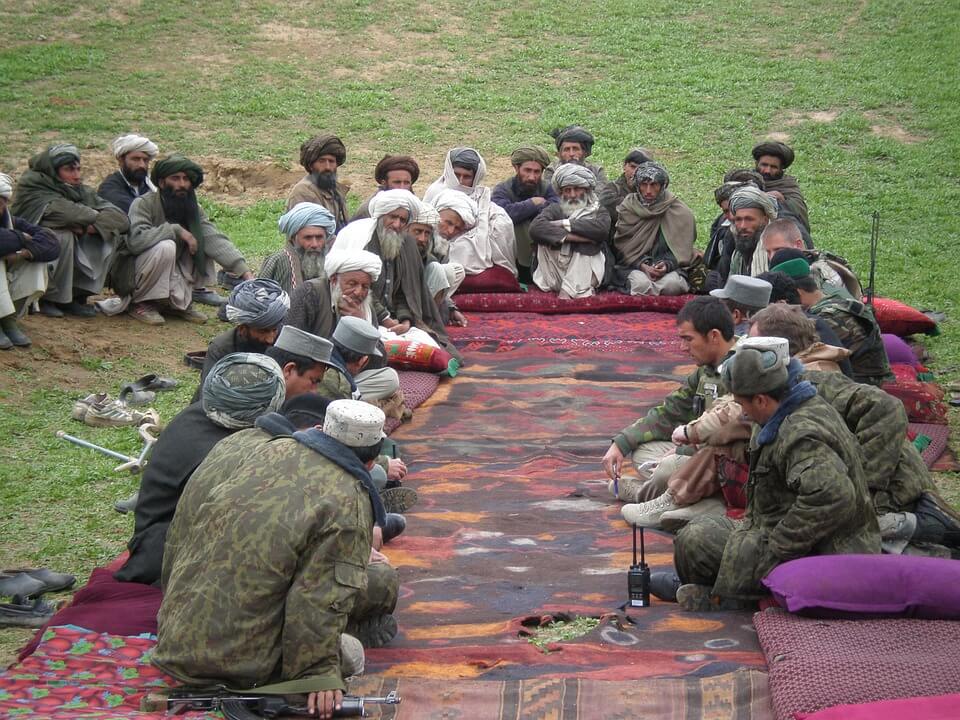
China is keen to extend its Belt and Road Initiative (BRI) to Afghanistan to get an alternate axis, should CPEC face problems. China continues to engage itself with both the present government and the Taliban. China would like to cash on Pakistan’s closeness to the Taliban if it becomes a major power in Afghanistan.
Turkey is part of NATO and enjoys a strategic relationship with the US. They have fought the war in Afghanistan together. That is why Biden has asked Turkey to host an UN-facilitated summit meeting on Afghanistan from 24 Apr to 04 May 2021, where the international and regional stakeholders will try to reach a negotiated settlement. Turkey can play a key role in building and promoting a regional consensus for peace in Afghanistan.
Why Afghanistan is important?
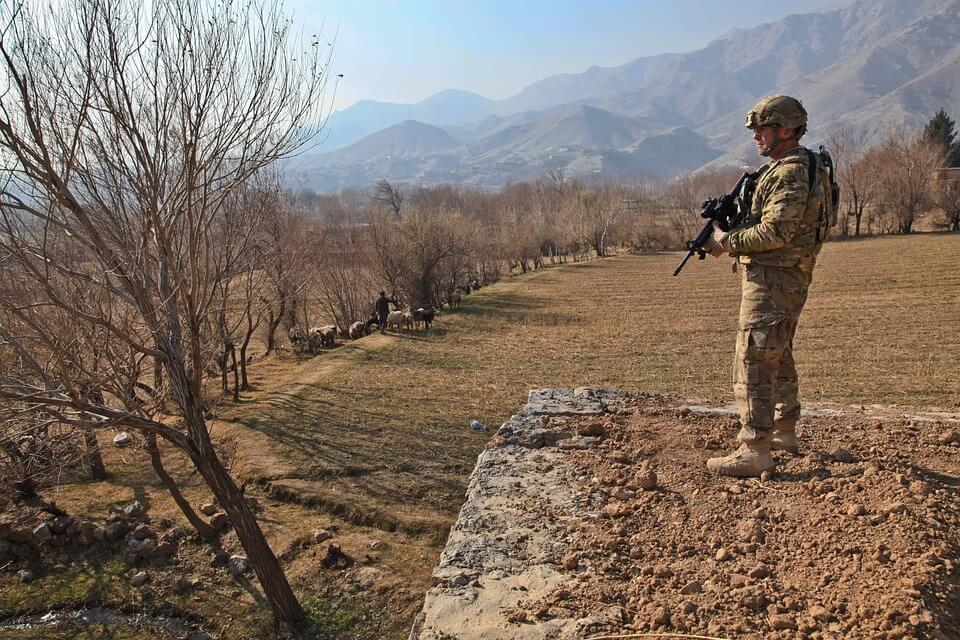
Afghanistan is geo-strategically extremely critical. The country has the Central Asian Republics to the North, Pakistan to its East, and the Indian Ocean in the south through Iran in the west. The Chabahar port in Iran provides India with a trade route to Afghanistan and the Central Asian Republics states thus bypassing Pakistan. We could tap the Afghan market for Indian origin defence equipment, and extend our marketing to the CAR countries. Afghanistan also provides/denies strategic depth to Pakistan. An active Pakistan-Afghanistan border denies Pakistan the opportunity of positioning additional military capabilities along its borders with India.
Afghanistan is rich in high-value mineral deposits, which remains untapped, so far. A substantial concentration of such resources is along Afghanistan’s borders with Tajikistan, Uzbekistan, Iran, and Turkmenistan. This is the main reason for all the external stakeholders wanting to retain control on powers that be at Kabul.
Concerns for India
Biden has chosen an easy way out of Afghanistan, but the consequences are likely to be ugly. The Afghan peace chessboard has now been laid out with two possible outcomes to fill the power vacuum: relative peace or a civil war. The region has a lot to gain if peace returns. India is worried about the power vacuum being filled up by the disrupters. The disrupters Taliban internally and Pakistan externally will become decisive players in Kabul. The civil war will not stay contained in Afghanistan. It will spread the engulf the entire region in the globalised world. The time is thus ripe for Afghanistan’s neighbouring states to work together and collectively prevent any further chaos.
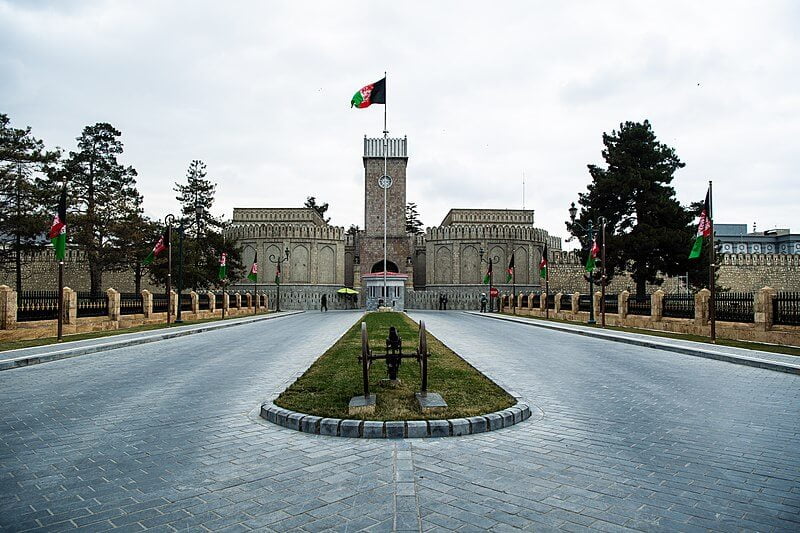
India has been an all-weather friend of the Afghanistan government and continues to play a significant role in the region. India has been strengthening the defence capabilities of the Afghan government in its effort to combat the growing menace from the Taliban. Indians have constructed major projects to include three dams, the Parliament building, road networks and medical facilities. India is also home to a fairly large Afghan diaspora that has been continually enlarging with hopes of peace receding in Afghanistan. To date, Indians have not displayed any affinity towards the Taliban or any other contesting group but it supports a political settlement between the Afghan government and Taliban. India needs to accept the reality and engage with the Taliban and leverage its influence with the elite and popularity with the people of Afghanistan. India needs to be present in future multi-lateral talks and chalk out its strategy in consort with the elected government at Kabul.
After the withdrawal of the US and NATO troops, India has a tremendous security concern about the resurgence of Taliban and Afghanistan being used as a haven for terrorists. There are reports that due to Pakistan being on the grey list and pressure from FATF for its support to the terrorist organisations, certain terrorist organisations who have been active in Pakistan have shifted their base to Afghanistan. These terrorist outfits could be targeted against India if the Taliban returns to power.
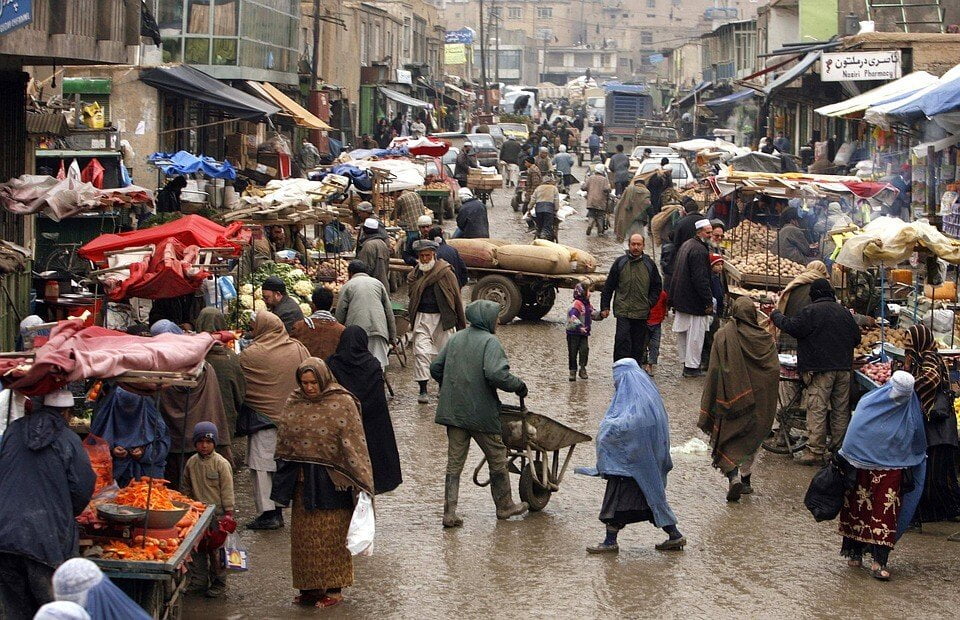
India enjoys good relations with the democratic government of Afghanistan and would always wish them to be in power. The goodwill that we enjoy in Afghanistan needs to be further strengthened. India needs to be in touch with all stakeholders including the Taliban so that its interests and concerns are taken care of. India desires double peace within Afghanistan and peace around Afghanistan. It requires harmonising the interest of all, both within and around the country.
Conclusion
The end state acceptable to all should be to promote peace and stability in the region and shun confrontation between the national, regional and global powers. A government that is inclusive, broad-based, a friend to all and a threat to none. The country should be unified and independent, and respect human rights, women’s rights, democracy and rule of law.


